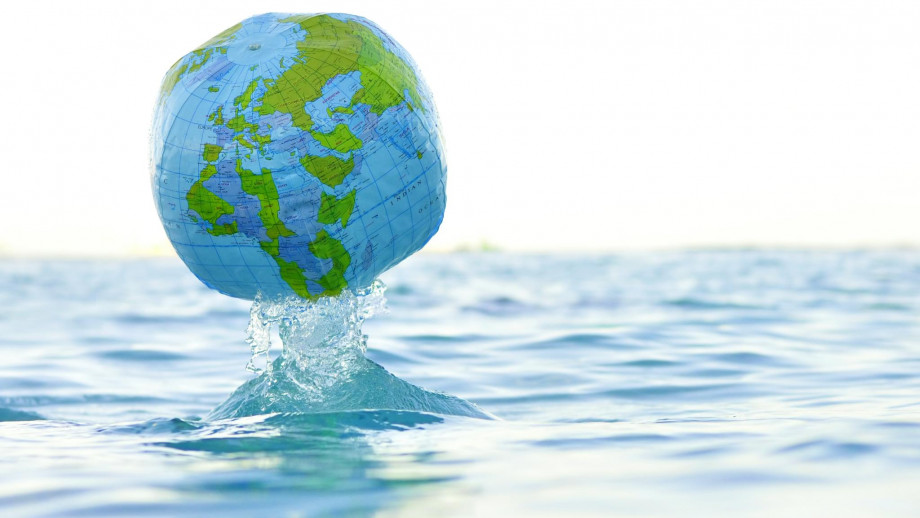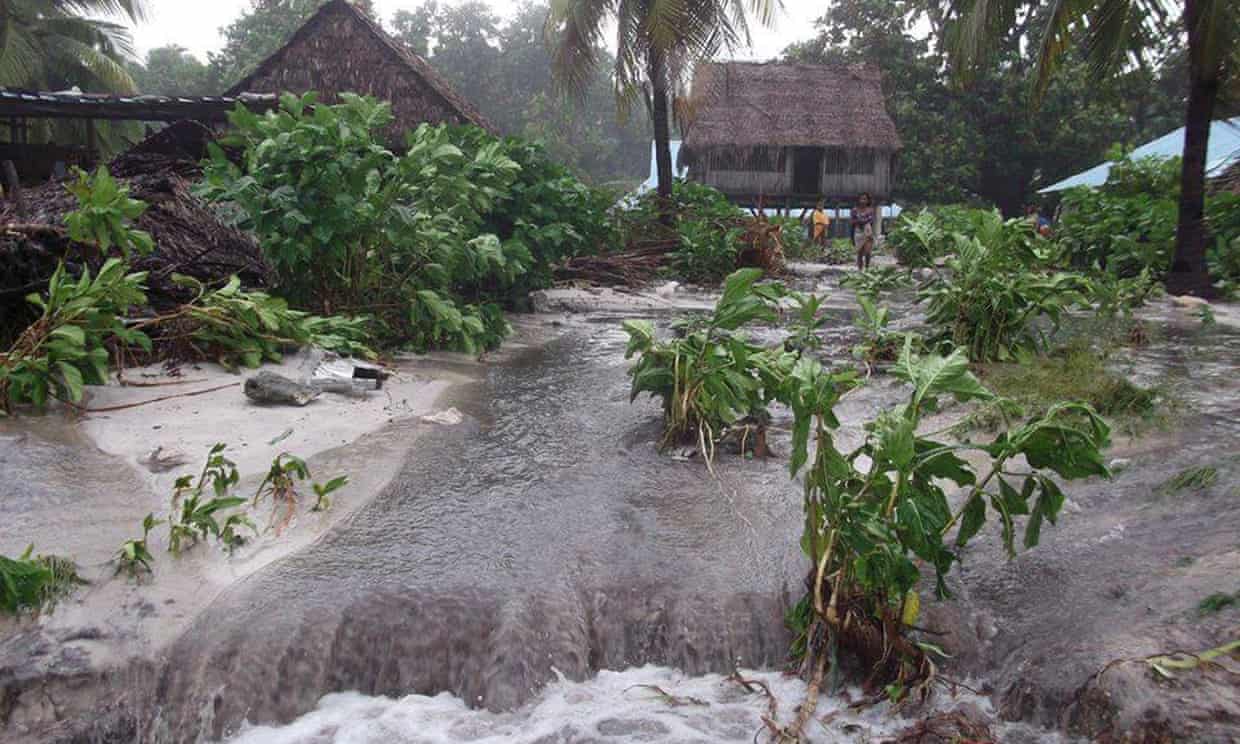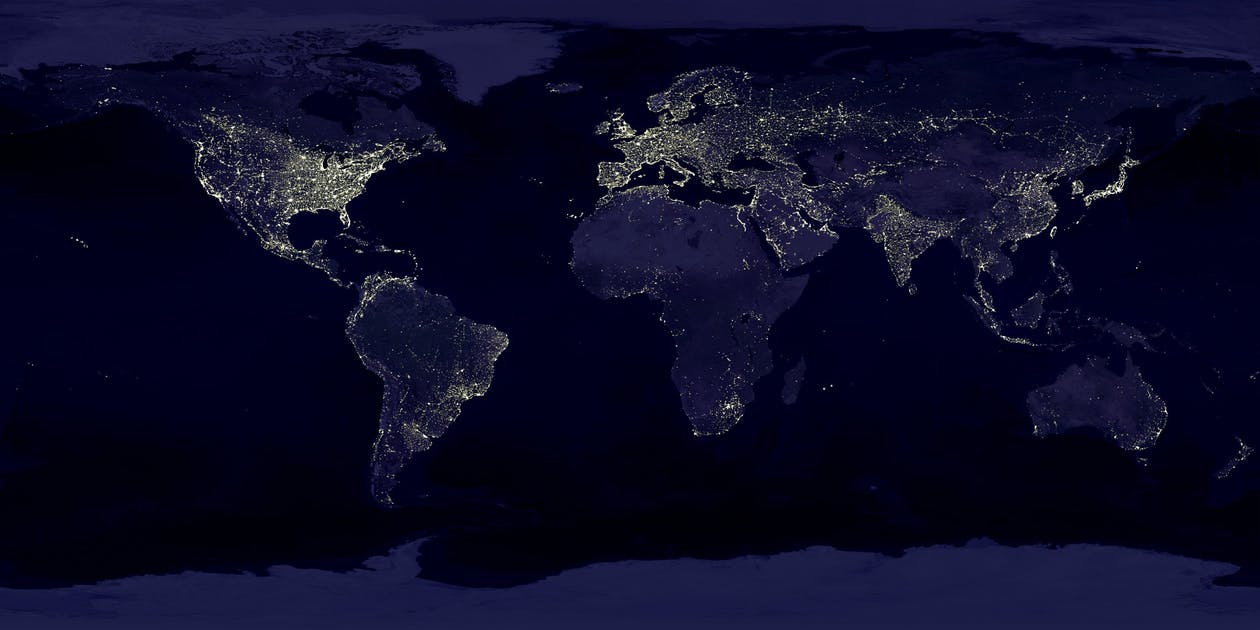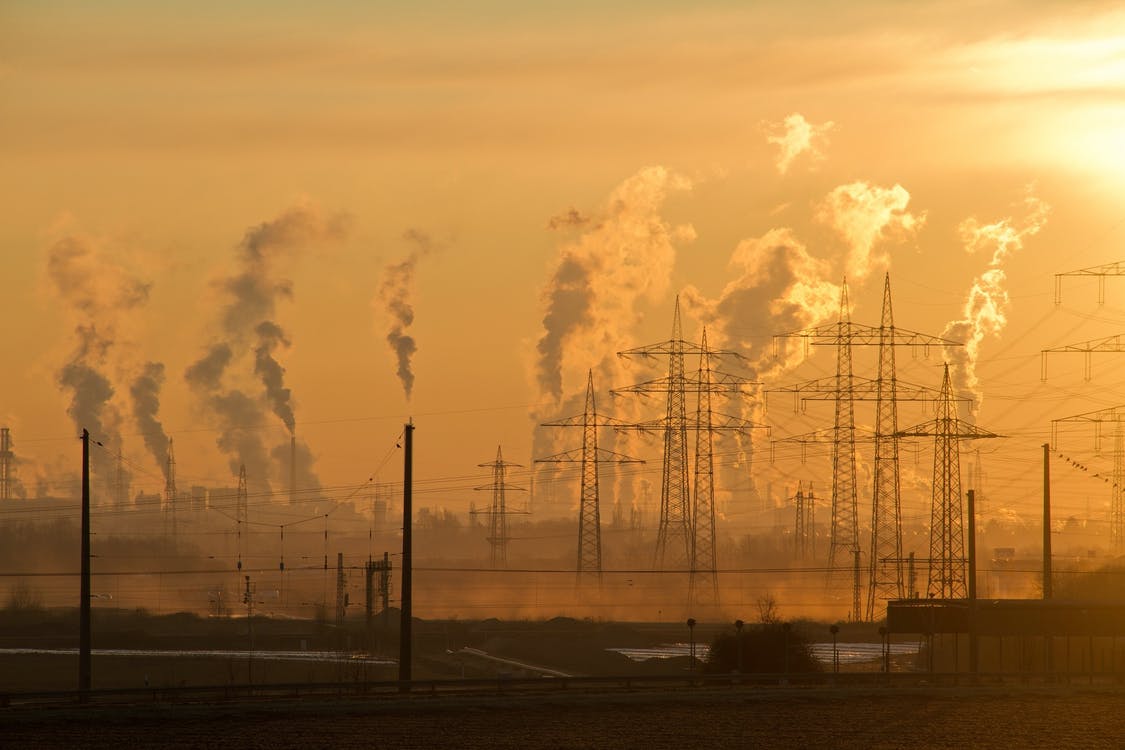(Photo: ANU College of Science)
I took part in a public lecture today presented by the ANU College of Science as part of the ‘Talanoa Dialogue’, a global forum where climate experts, civil society and governments discuss climate action solutions and how to best meet the challenges of implementing the Paris Climate Agreement.
I spoke alongside Mr Patrick Suckling, Australia’s Ambassador for the Environment; H.E. Mr Luke Daunivalu, Fiji’s High Commissioner to Australia; Mr Rafal Jarosz, First Counsellor responsible for economic affairs for the Embassy of the Republic of Poland in Canberra; Dr Jane Curnow, Australian Centre for International Agricultural Development; and Ms Rachel England, a PhD student at the ANU who is learning from Indigenous peoples (mostly women) their ways of sustainable living.
Learn more about the Talanoa Dialogue through the UN Climate Change website.
Talanoa is a traditional word used in Fiji and across the Pacific to reflect a process of inclusive, participatory and transparent dialogue. The purpose of Talanoa is to share stories, build empathy and to make wise decisions for the collective good. The process of Talanoa involves the sharing of ideas, skills and experience through storytelling.



